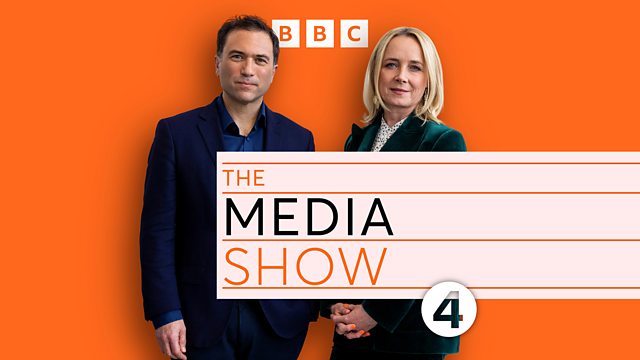Ballots, bias and big tech
Ros Atkins is in Washington DC and asks what the upcoming election tells us about the role the media plays in modern America.
This week, The Media Show broadcasts from Washington DC, and asks what the election tells us about the media's role in modern America.
The Washington Post finds itself at the heart of a debate on media impartiality after a reported loss of thousands of subscribers following its decision not to endorse a candidate. NPR's media correspondent, David Folkenflik, joins us to unpack the unfolding crisis.
With tech billionaires wielding significant influence, this election has seen figures like Elon Musk openly backing Donald Trump. Critics argue that big tech’s sway over public discourse has become too potent. Jennifer Huddleston, a senior fellow in technology policy at the Cato Institute, and Marietje Schaake, a former MEP now with Stanford’s Cyber Policy Center, debate the issues.
For over 170 years, the Associated Press has been at the forefront of election coverage, calling winners across the nation. Anna Johnson, AP’s Washington bureau chief, explains how it does what might be "the single largest act of journalism in the world".
Also on the show, Lauren Egan, White House reporter for Politico, talks Ros through her job and what access she gets to the President. And David A Kaplan, former Newsweek legal affairs expert, reflects on the 2000 electionβ€”a time when the relationship between the media, the candidates and the public looked very different.
Presented by: Ros Atkins
Produced by: Simon Richardson
Assistant Producer: Lucy Wai
Sound: Ben Martin
Last on
Featured
-
.
Broadcasts
- Wed 30 Oct 2024 16:00Βι¶ΉΤΌΕΔ Radio 4
- Thu 31 Oct 2024 20:00Βι¶ΉΤΌΕΔ Radio 4
Podcast
-
![]()
The Media Show
This is the programme about a revolution in media.


